Interparliamentary Union’s 148th Assembly
Statement by International Development Law Organization (IDLO), delivered by Mark Cassayre, Permanent Observer of the International Development Law Organization to the United Nations in Geneva
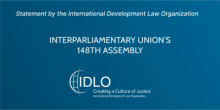

Global Interest
Statement by International Development Law Organization (IDLO), delivered by Mark Cassayre, Permanent Observer of the International Development Law Organization to the United Nations in Geneva

Statement by International Development Law Organization (IDLO)
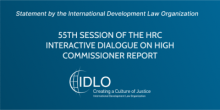
Statement by the Director-General, Ms Jan Beagle
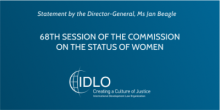
Statement by the Director-General, Ms Jan Beagle
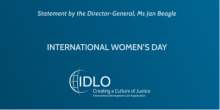
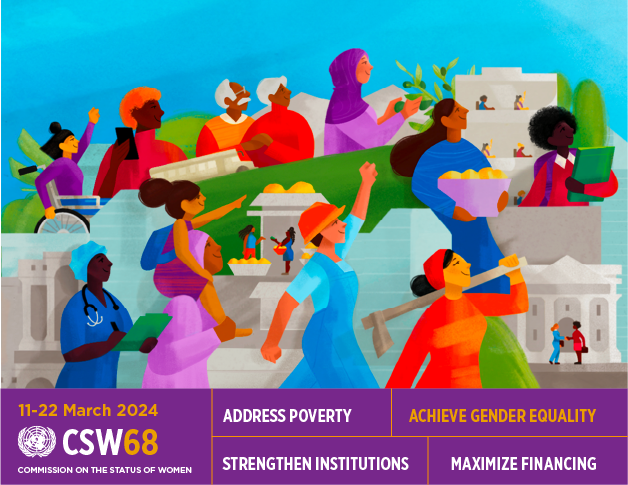

Statement by the Director-General, Ms Jan Beagle
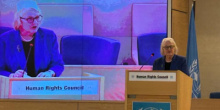
Statement by International Development Law Organization (IDLO), delivered by Henk-Jan Brinkman, Permanent Observer of the International Development Law Organization to the United Nations
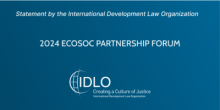
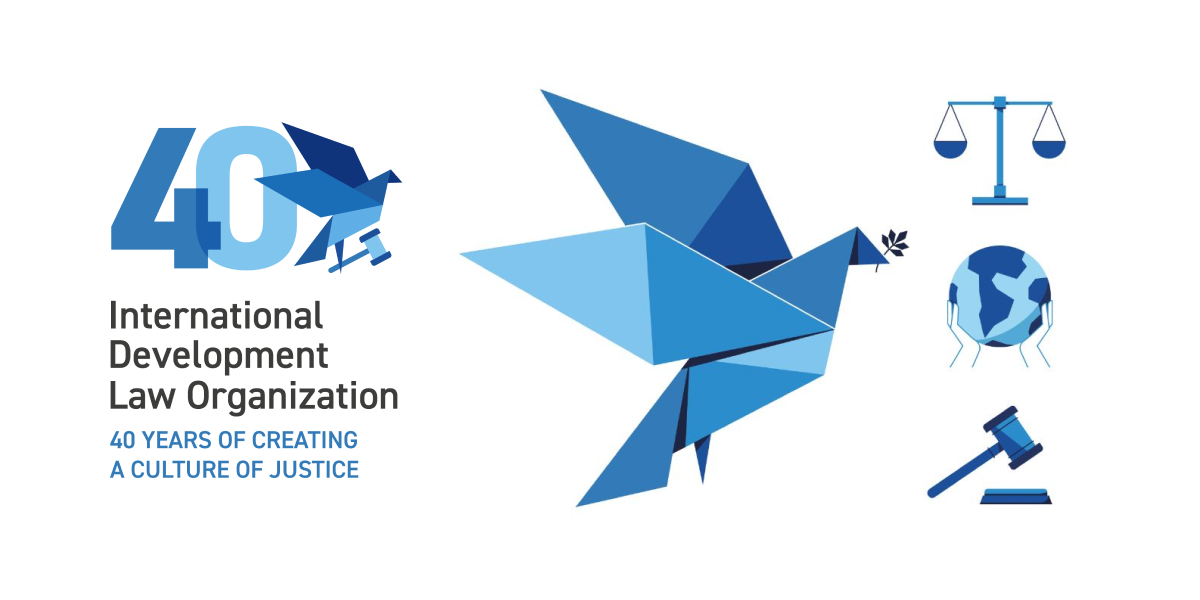
December 2023
Dear friends,

Statement by the Director-General, Ms Jan Beagle
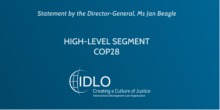


|
Policy Statements
|
|
Policy Statements
|
|
Policy Statements
|